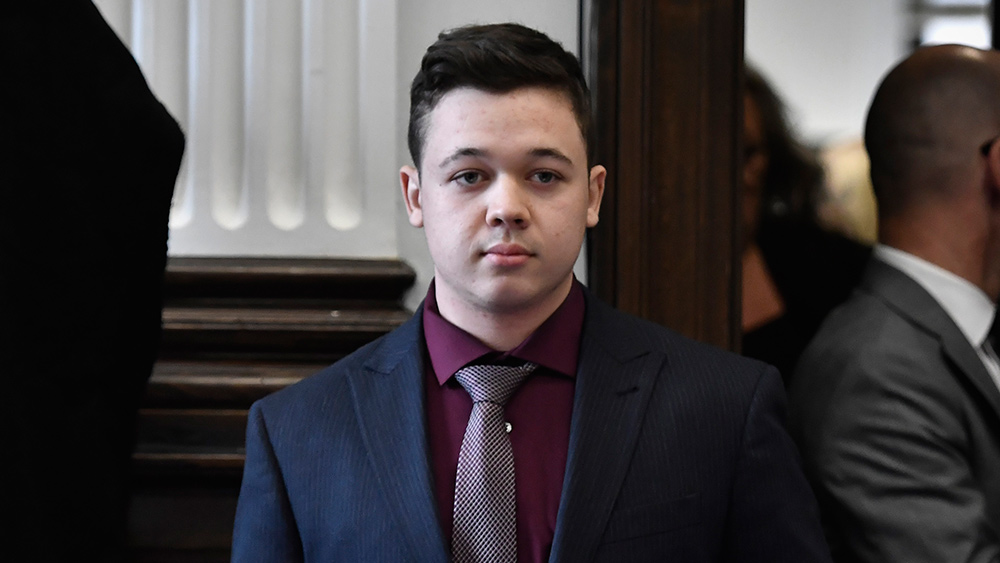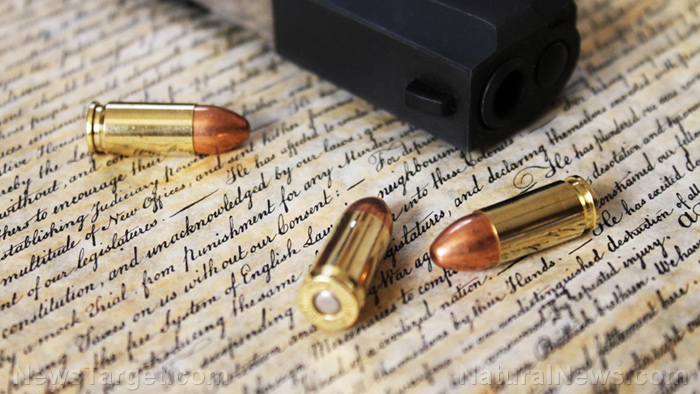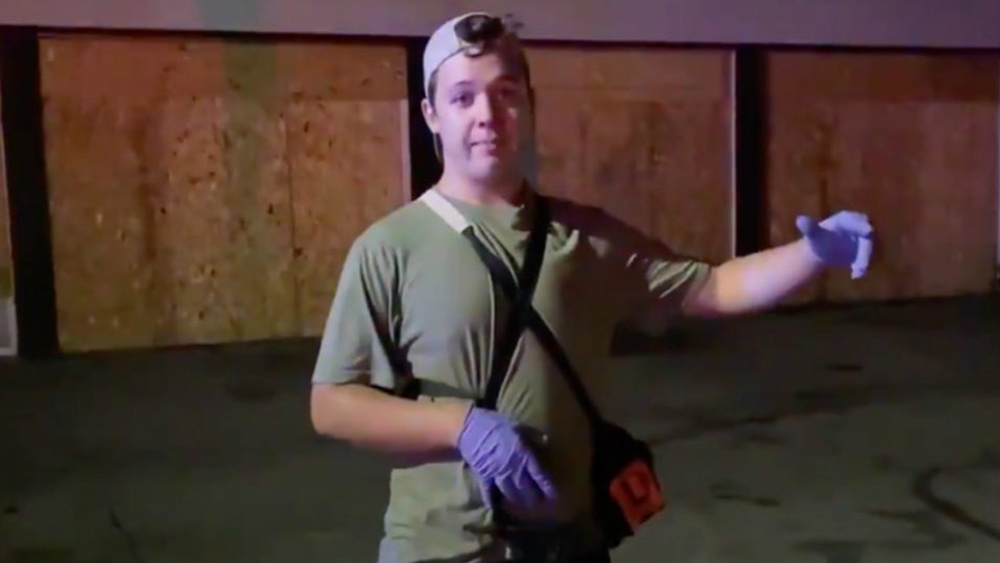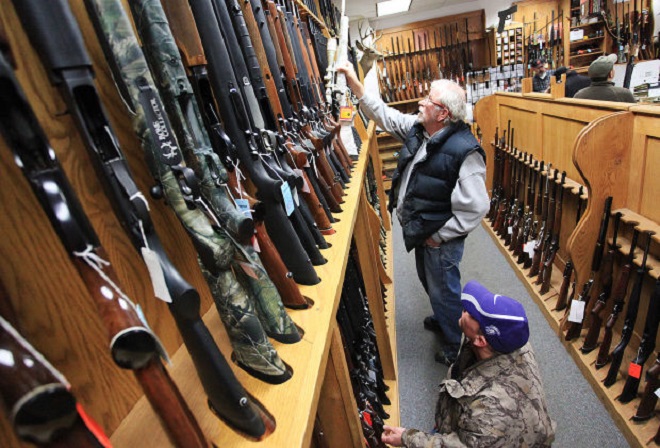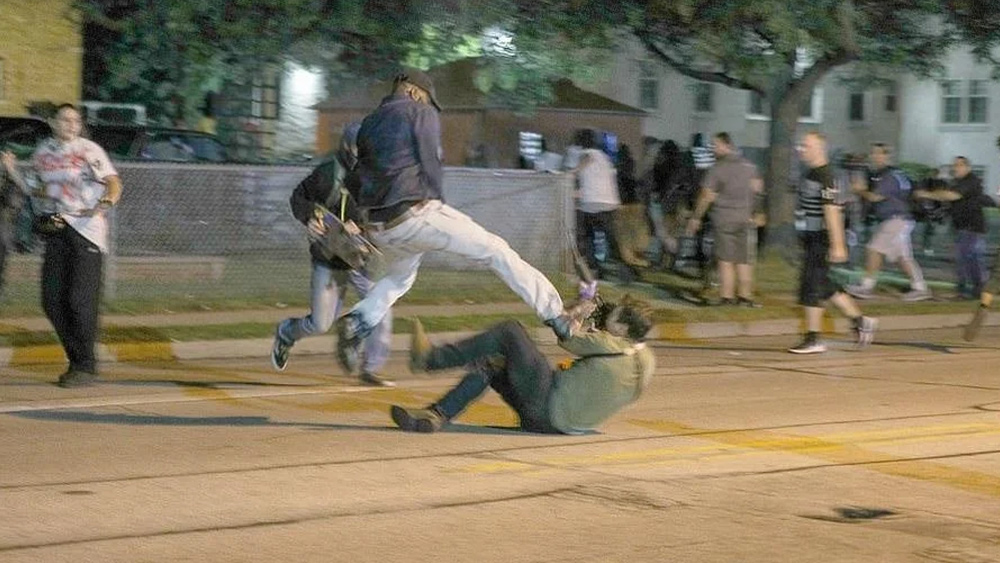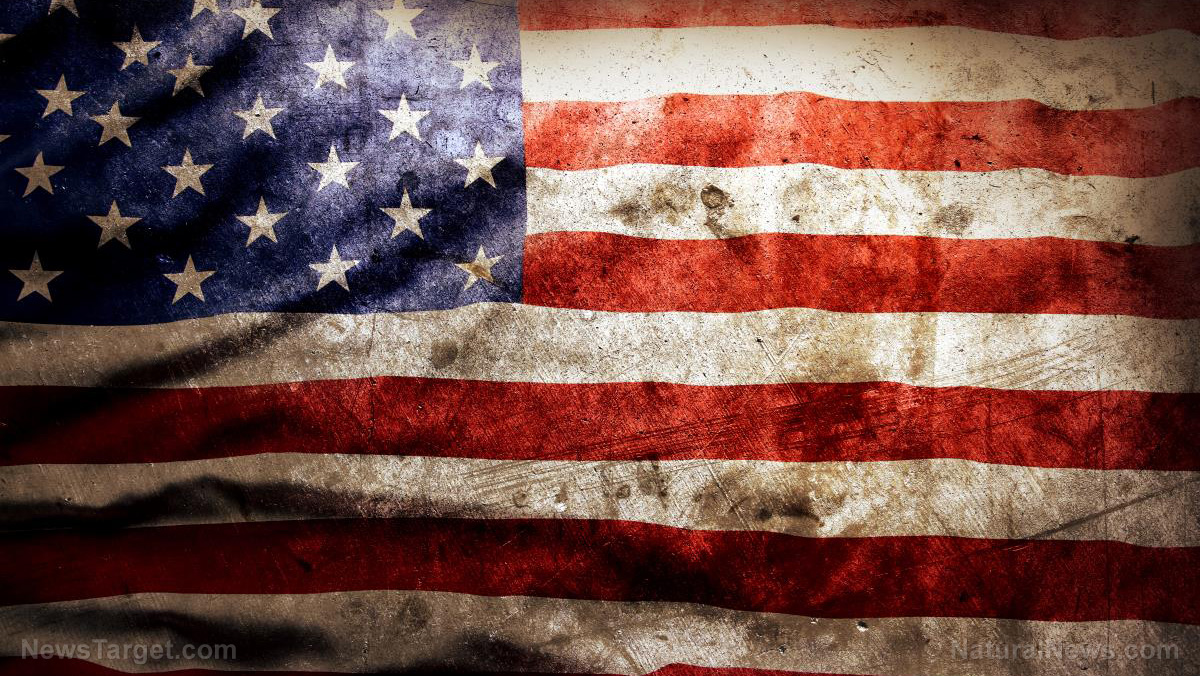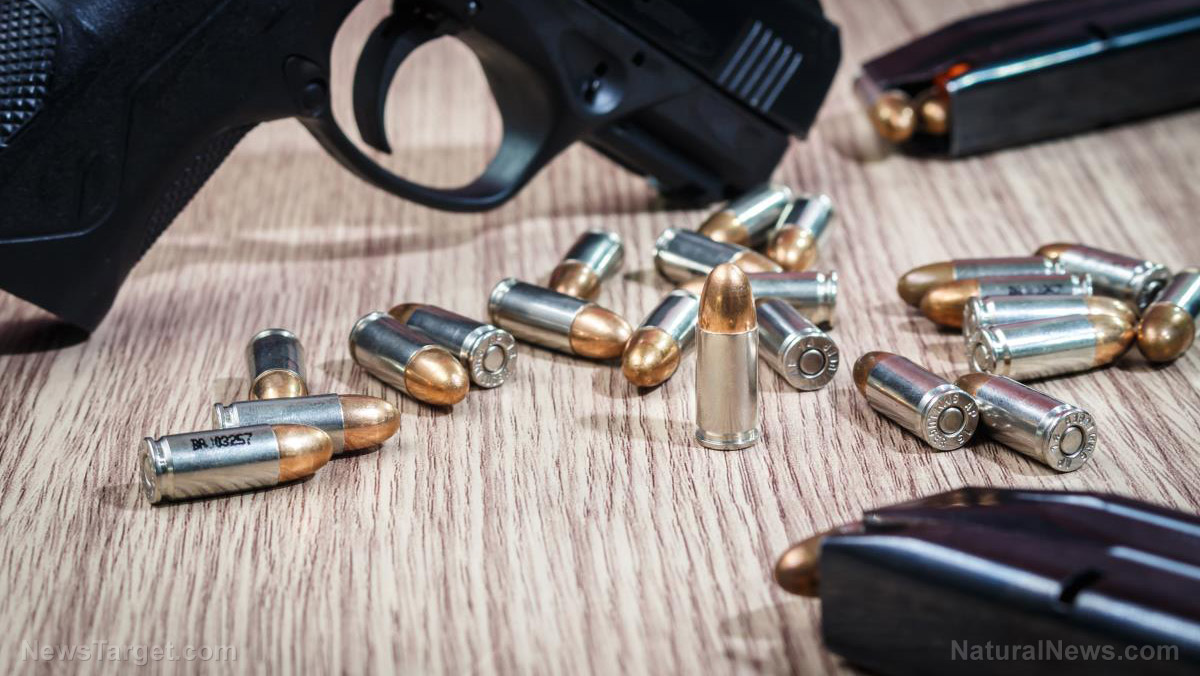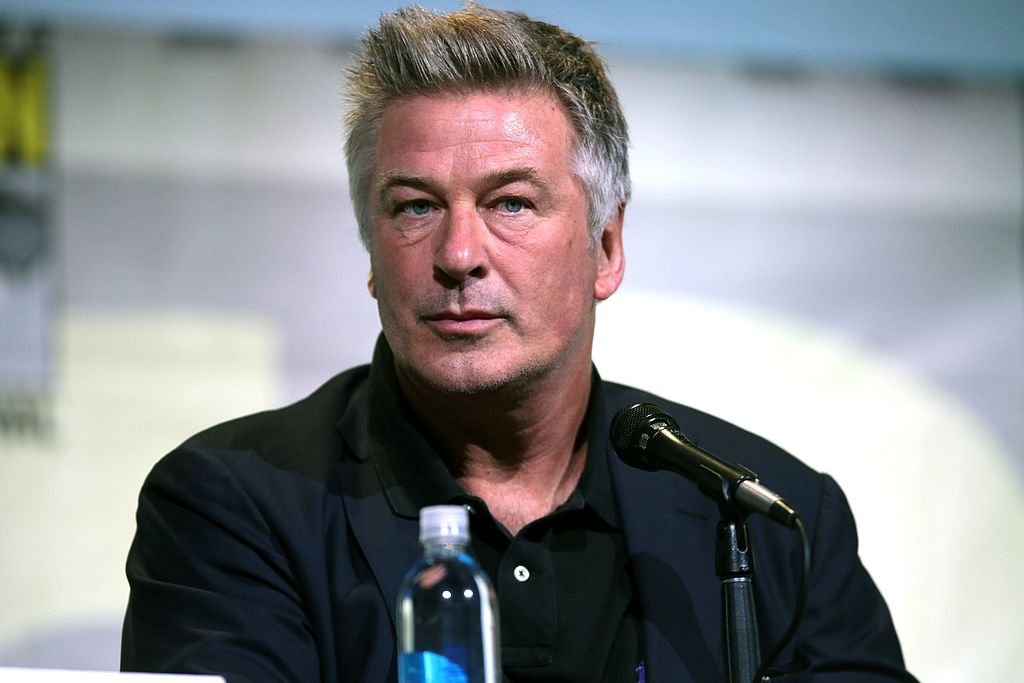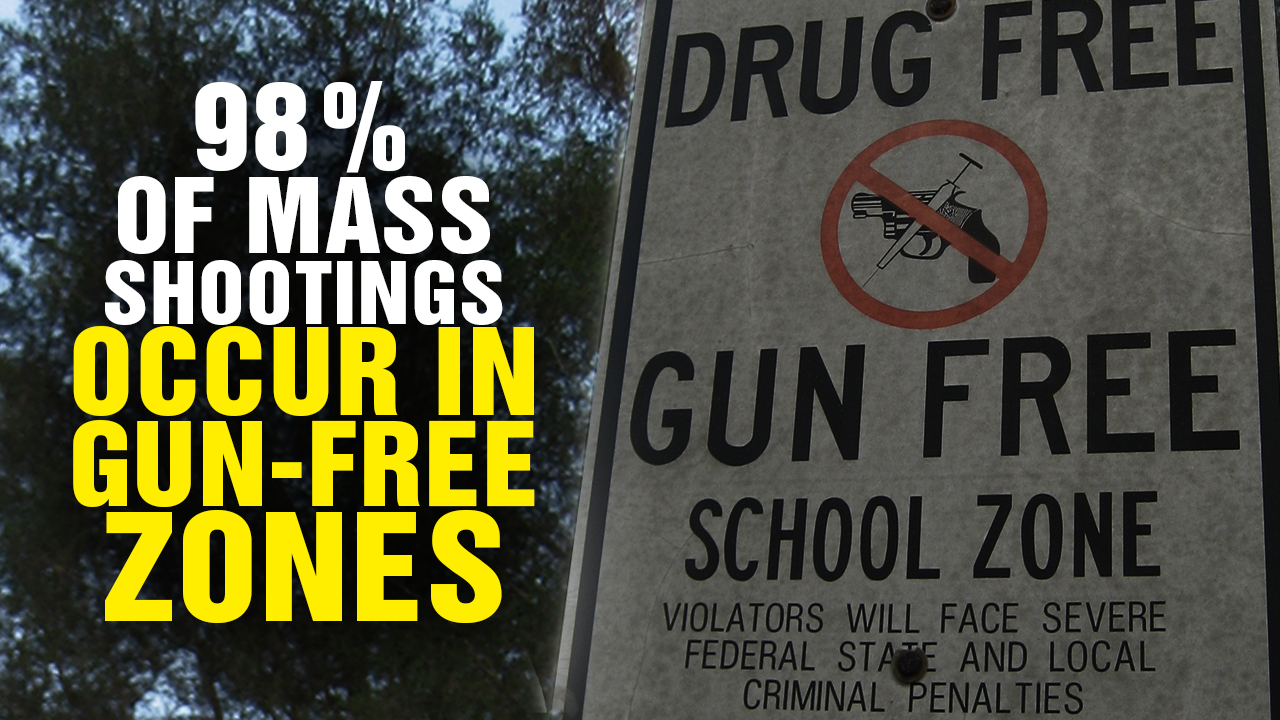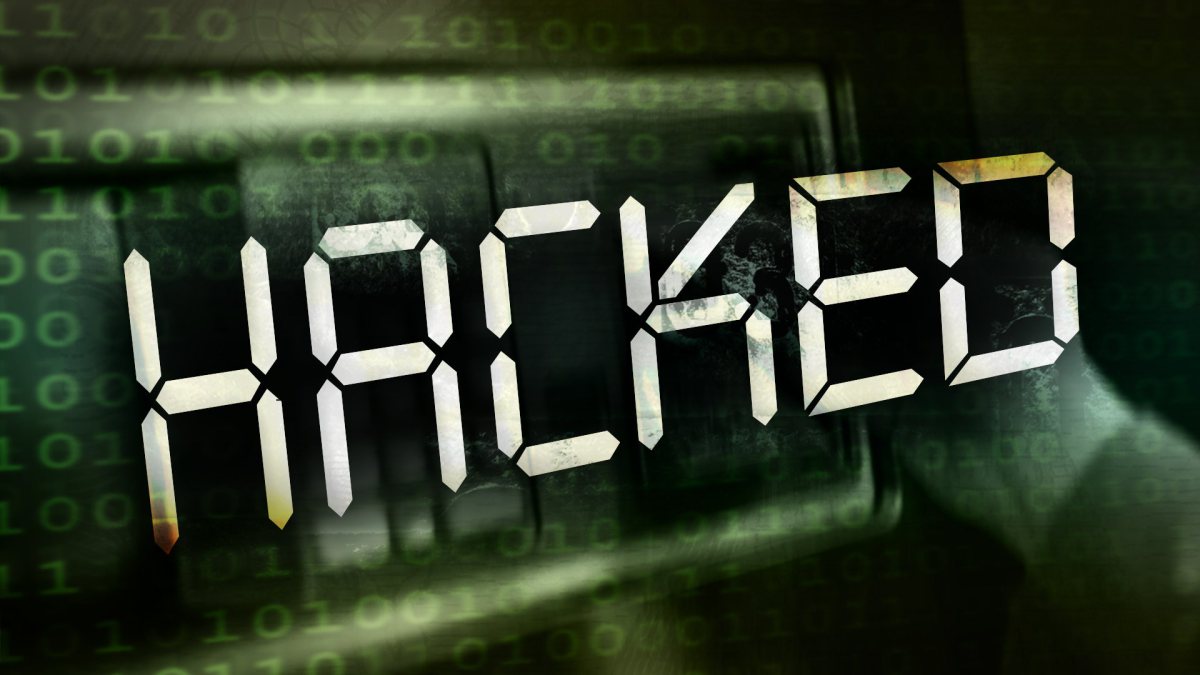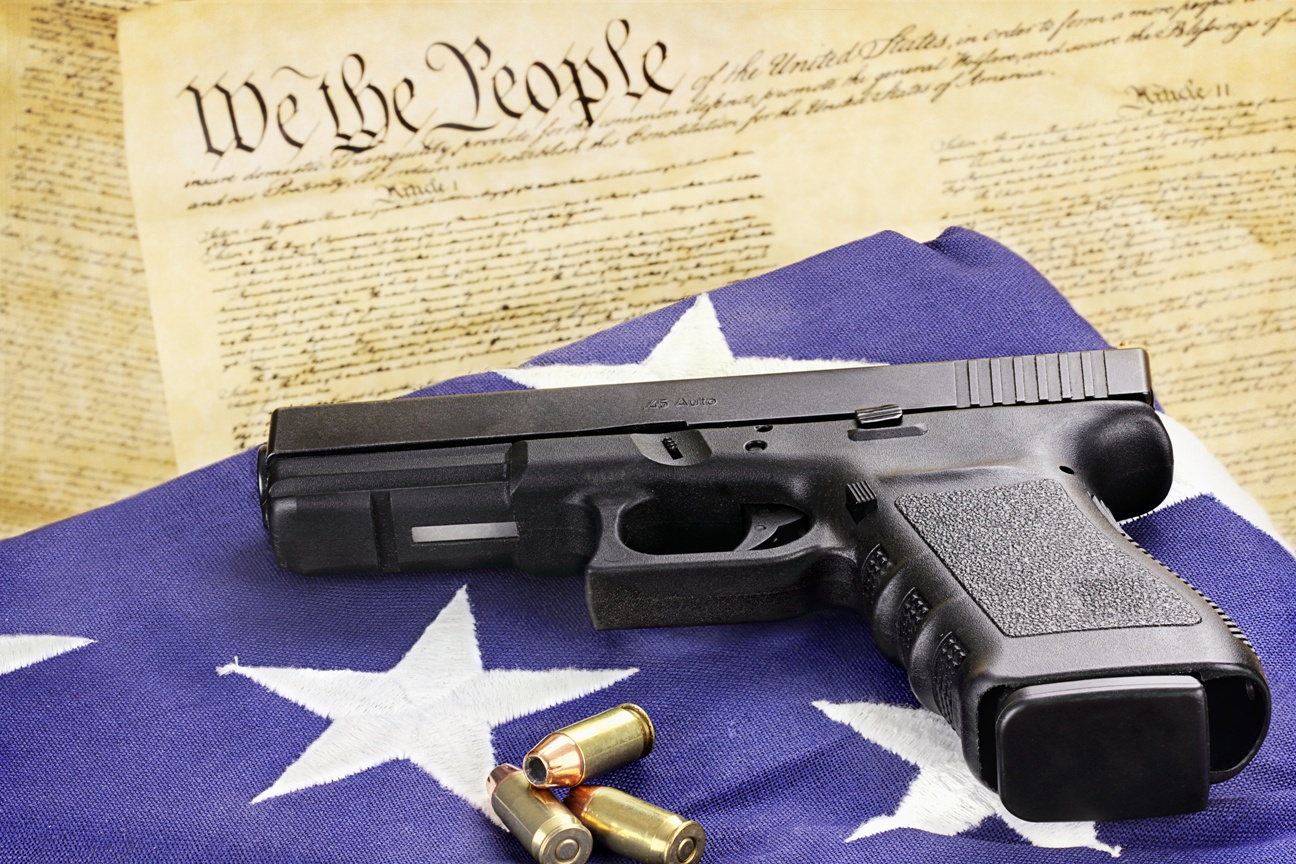“Kyle’s Law” proposed by lawyer who wants to end politically motivated prosecutions of Americans who use firearms for self-defense
11/28/2021 / By JD Heyes

A Colorado-based attorney with four decades’ worth of legal experience has crafted legislation that would protect Americans who use firearms in self-defense from being targeted for politically-charged prosecutions by overzealous district attorneys who hate the Second Amendment.
Called “Kyle’s Law” after Kyle Rittenhouse, the teen who was acquitted last week of murder charges in Kenosha, Wis., after jurors found that he acted in self-defense when he shot three men, killing two and wounding another man who was wielding a handgun, attorney Andrew Branca for Law of Self Defense says the measure is needed to push back on “rogue prosecutors.”
“Too often, rogue prosecutors bring felony criminal charges against people who were clearly doing nothing more than defending themselves, their families, or others from violent criminal attack,” he notes on his firm’s website.
“We’ve seen this happen in the George Zimmerman trial in Florida a decade ago, in the Kyle Rittenhouse trial just completed in Kenosha WI, and in plenty of cases in between,” the attorney continued, adding:
These are cases where there is little or no evidence inconsistent with self-defense, such that there can [be] no good-faith reason for a prosecutor to drag that defender to trial. The only motivation of the prosecutor is personal aggrandizement and political capital.
The real problem here is that these trials are a win-win for these rogue, politically motivated prosecutors. If the trial ends in a conviction, they won the legal case.
Even if the trial ends in an acquittal, however, as the George Zimmerman and Kyle Rittenhouse trials did, the prosecutor still wins, in the form of political capital and esteem from their own social and political community. They at least “fought the good fight” as their team sees it.
In terms of the Rittenhouse trial, Branca makes a great argument. On a number of occasions, trial Judge Bruce Schroeder was forced to reprimand prosecutors for misconduct including bringing up issues that the judge had ruled before the trial began were out of bounds and for behavior that bordered on unconstitutionality.
Also, a prediction by one of the teen’s former lawyers, John Pierce, shortly after Rittenhouse was arrested last year and charged, came true: The charge of illegally carrying a firearm was tossed out by Schroeder, which essentially meant that none of the other charges were going to stick.
“He was legally entitled to have that firearm with him,” he said earlier this month. “And it’s just clear as day from the evidence, most powerfully from the hundreds of angles of video evidence, that it was absolute perfect self-defense.”
Also, Pierce proclaimed that the prosecution against Rittenhouse was politically motivated — and that prosecutors over-charged him.
“This case should have never been brought,” he told Fox News. “In my view, this is blatant prosecutorial misconduct. It’s malicious prosecution.”
And those are precisely the kinds of prosecutions that Kyle’s Law would prevent, Branca said.
“With a win either way there exists zero disincentives for prosecutors to bring felony charges even in self-defense cases where the evidence and law overwhelmingly favor the defendant, and an actual conviction is all but impossible,” he noted on his website.
“The consequences for the clearly innocent defender, however, are catastrophic no matter how strong his case of self-defense. For the lawful defender who finds himself the target of a rogue, politically motivated prosecutor, it’s a lose-lose.”
So, how would Kyle’s Law actually work?
“This statutory proposal targets laughably weak prosecutions of self-defense cases, prosecutions so weak they can only be politically motivated, and without any real prospect of conviction,” Branca wrote, going on to explain what he means:
What do I mean by “laughably weak” in a more objective sense? Well, at trial a prosecutor knows he will bear the burden to disprove self-defense beyond any reasonable doubt. Let’s imagine that means he must disprove self-defense by 90% of the evidence. If the defendant is acquitted, that means the prosecutor fell short of that 90% threshold.
If they fall short of that threshold by a small amount, say 75%, that still looks like a reasonable self-defense prosecution to my lawyer’s eye. Fair enough.
But what if the prosecutor at trial can’t even disprove self-defense by a mere 50%? Not even by that mere majority of the evidence? That’s not a little bit short of beyond a reasonable doubt, that’s enormously short. To my eye that looks like a self-defense prosecution brought in the full knowledge that it lacks anything close to the legal merit needed for a conviction–in other words, like a prosecution brought for political purposes despite its obvious lack of legal merit.
“A self-defense defendant who qualifies under Kyle’s Law would be entitled to monetary compensation from the state for legal expenses, lost wages, and all other economic costs associated with the unjust prosecution,” says Branca, who adds that the law also would hit prosecutors financially as well.
“A self-defense defendant who qualifies under Kyle’s Law would be entitled to monetary compensation from the prosecutor personally for mental distress, emotional pain & suffering, lost economic/ business/educational opportunities, reputational damage, and so forth, plus any legal costs incurred to secure this compensation—and that means the suffering of both the defendant himself AND his immediate family,” he said.
“Only by holding the state generally and the prosecutor personally both responsible for such cases of unjust persecution of self-defense cases can we keep these victims of violent attack from also becoming victims of an assaultive justice system,” he added.
Sources include:
Tagged Under: compensation, defendant, justice, Kyle Rittenhouse, Kyle's Law, malicious prosecution, political persecution, politics, prosecutor, Second Amendment, self-defense, trial
RECENT NEWS & ARTICLES
COPYRIGHT © 2017 SECOND AMENDMENT NEWS



